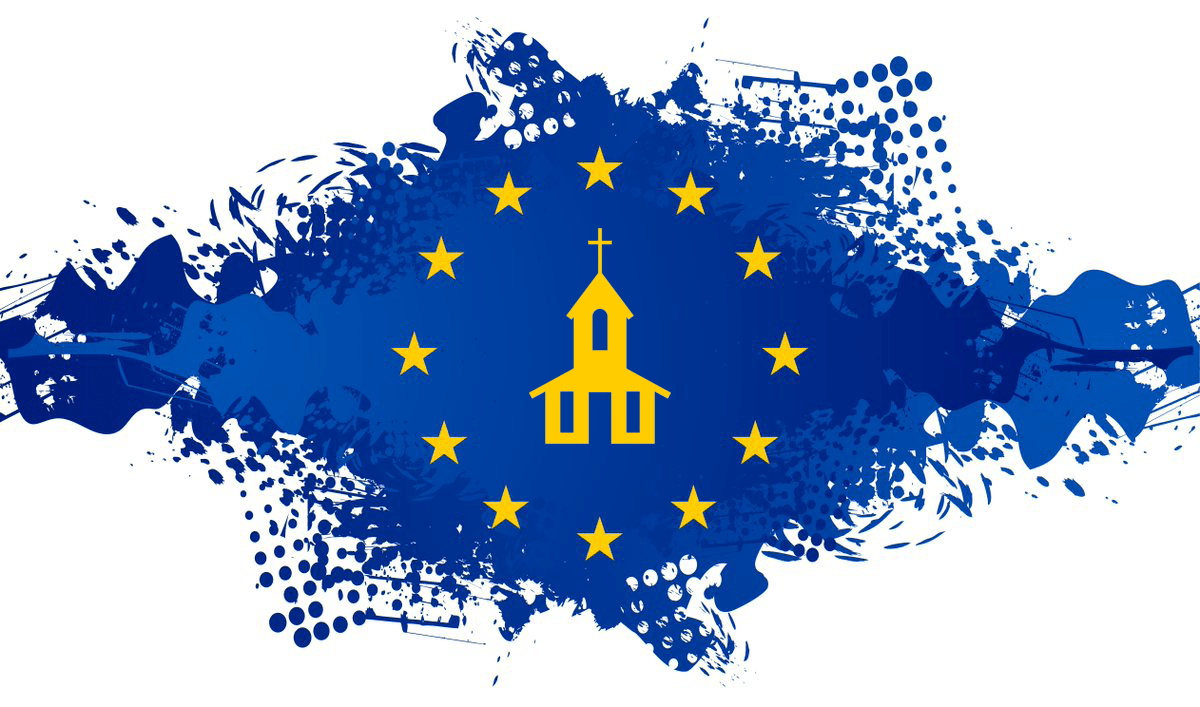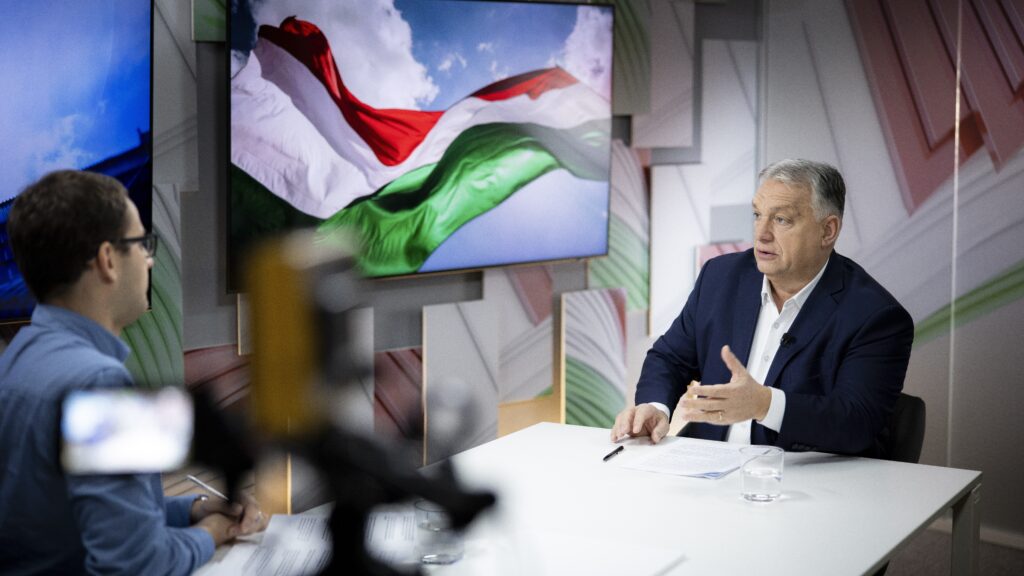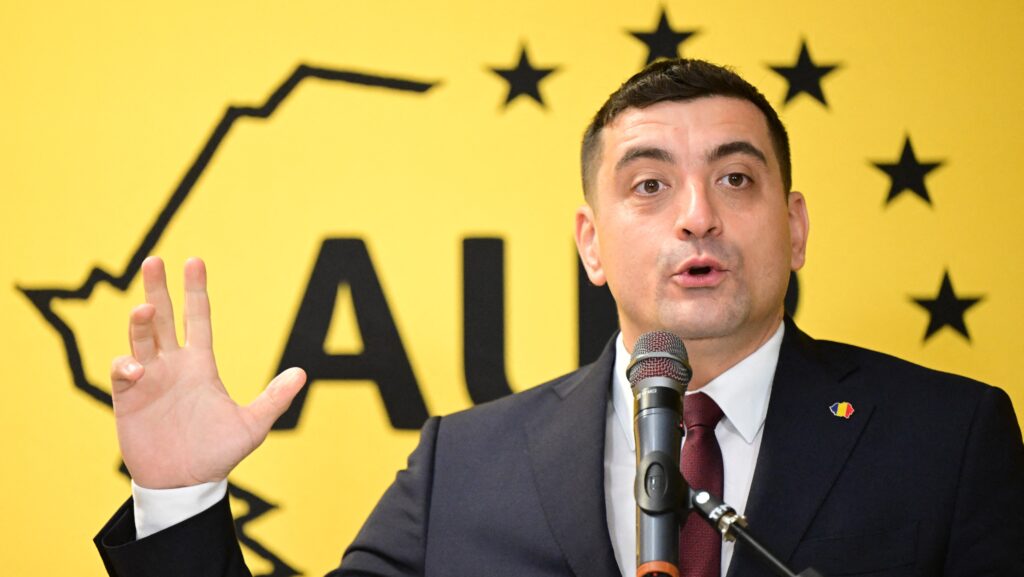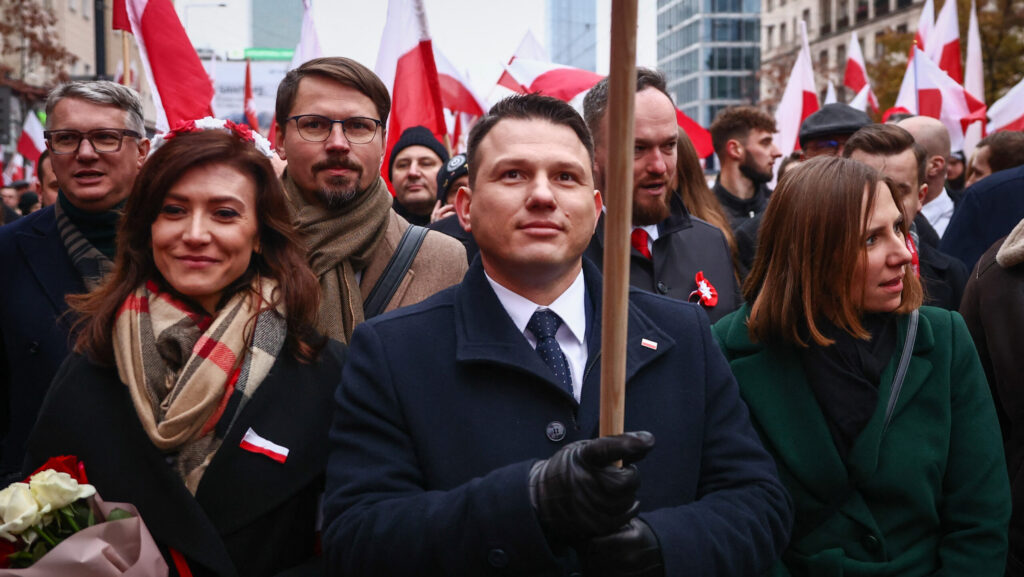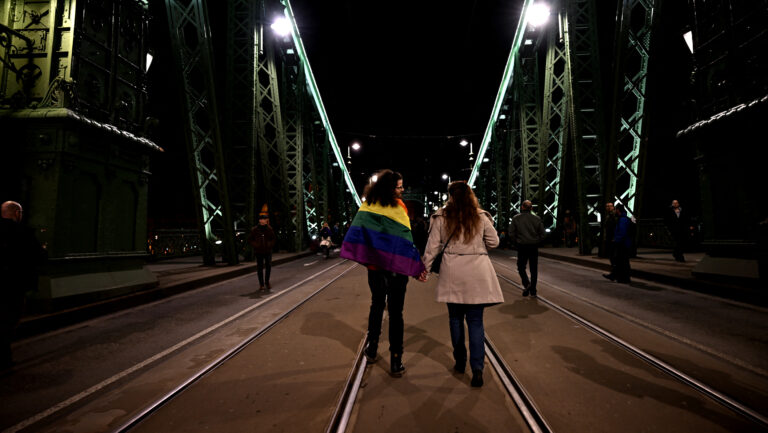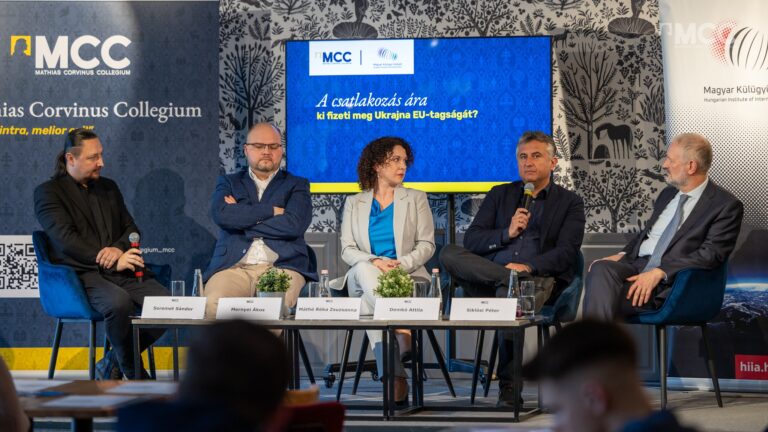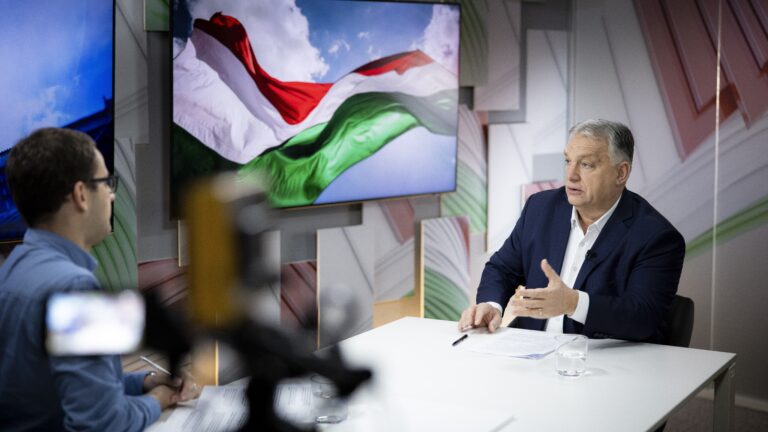– was the title of the latest online conference of the Otto von Habsburg Foundation and the University of Public Service on 7 June 2021.
Cardinal Kurt Koch President of the Pontifical Council for Promoting Christian Unity, Mgr. Matthieu Rougé Bishop of Nanterre, Katalin Novák Minister without Portfolio for Family Affairs and Dr Jan Peter Balkenende former Prime Minister of the Netherlands were speakers of the event on the future of Europe. The conference aimed at discussing the ideological principles of Europe recalling its millennial Judeo-Christian tradition and taking into account how the ideas of the Enlightenment have shaped the life of churches, political communities in various countries and the European society as a whole in the 21st century.
Gergely Prőhle Director of the Otto von Habsburg Foundation,
Cirill Hortobágyi Archbishop of Pannonhalma and András Koltay Rector of the University of Public Service greeted the conference. One of the tragedies of Hungary is that even though after the regime change and fall of the Iron Curtain the country got rid of the ideological constraints of socialism, it has seen no model as to how to place Christianity back to society as it was on the downturn in Western Europe by that time – outlined Koltay. Thus, we had to reestablish Christianity in the Hungarian society and public life according to our own ideas and mentality instead of adopting already existing models. Talking about the EU, the most symbolical milestone of the deteriorating relation between Christianity and political life was how the EU constitution would have failed to name Christianity and the Judeo-Christian heritage of the continent.
Cardinal Kurt Koch recalled former president of Germany Theodor Heuss’ view on the principles of Europe. Europe is built on three hills, the Acropolis in Athens, the Capitol in Rome and the Golgotha in Jerusalem. The first symbolizes the important Greek philosophies which trusted in the man’s ability to seek and identify truth and justice, the recognition that democracy is the most suitable form of coexistence. The Roman capitol represents the Roman law, the basis of all legal systems in Europe. Golgotha at the gates of Jerusalem proclaims the cross of Jesus Christ as a sign of God’s infinite love for us and the sign of unconditional dignity arising from the love of God. These three hills together represent the deep historical roots of Europe. Pope Benedict XVI has also referred to this vision in one of his speeches saying ‘the culture of Europe arose from the encounter between Jerusalem, Athens and Rome.’ The encounter between the faith in God of Israel, Greek philosophical thinking and Roman law is what shaped Europe’s identity. According to the cardinal, Europe was created in a way that these roots grew together within Christianity and the history of these two entities is inextricably intertwined. In response to the threats facing Europe, the principles of divinitas, humanitas, socialitas must be applied. Acknowledging its own spiritual foundation is the key for Europe to survive, closed the cardinal.
Minister without Portfolio for Family Affairs Katalin Novák outlined
that Hungary has fundamental experiences regarding the community retention power of religion. St Stephen’s vision of founding the state of Hungary on the solid base of Christianity helped Hungarians to escape form the fading fate of the nomad people while during the Ottoman conquest from the 16th century, Protestantism provided physical, spiritual support and social renewal to the country. But Christianity also helped Hungary to survive the forty years of communist rule. ‘If there was enough power in this faith to ensure our survival in the ideology of the communist dictatorship, it must also have enough strength in it to keep us in the faith in the pseudo-freedom dictatorship of libertinism,’ she stated. According to Minister Novák these historical experiences outline that Christianity to Hungarians—as well as to Europeans — is not an option but a predestination. Recalling the vision of Benedict XVI or Robert Schumann on the future of the continent the minister quoted: ‘Europe will become Christian or it will not be.’ Europe is more than a geographical unit, it is a spiritual community. She added that Europe needed to preserve and continually renew the Christian idea. To renew the society and vitalize Christian values the church also needs spiritual renewal and to be strengthened for which Hungarian government provides all forms of support.
After a historical overview Jan Peter Balkenende stressed that challenges of the 21st century have to be faced: climate change, scarcity of natural resources, hatred, discrimination. According to the former PM instead of crisis management, the EU needs a result-oriented narrative, a Europe which reflects Christian values more and brings people closer to each other. He concluded by saying that Christianity can serve as a compass in answering today and the future’s challenges.
In closing, the Bishop of Nanterre Mgr. Matthieu Rougé advocated the spiritual renewal of Christianity to be able to contribute to the building of Europe and the recognition the roots of the continent. Christian unity can lead to European unity he highlighted.

